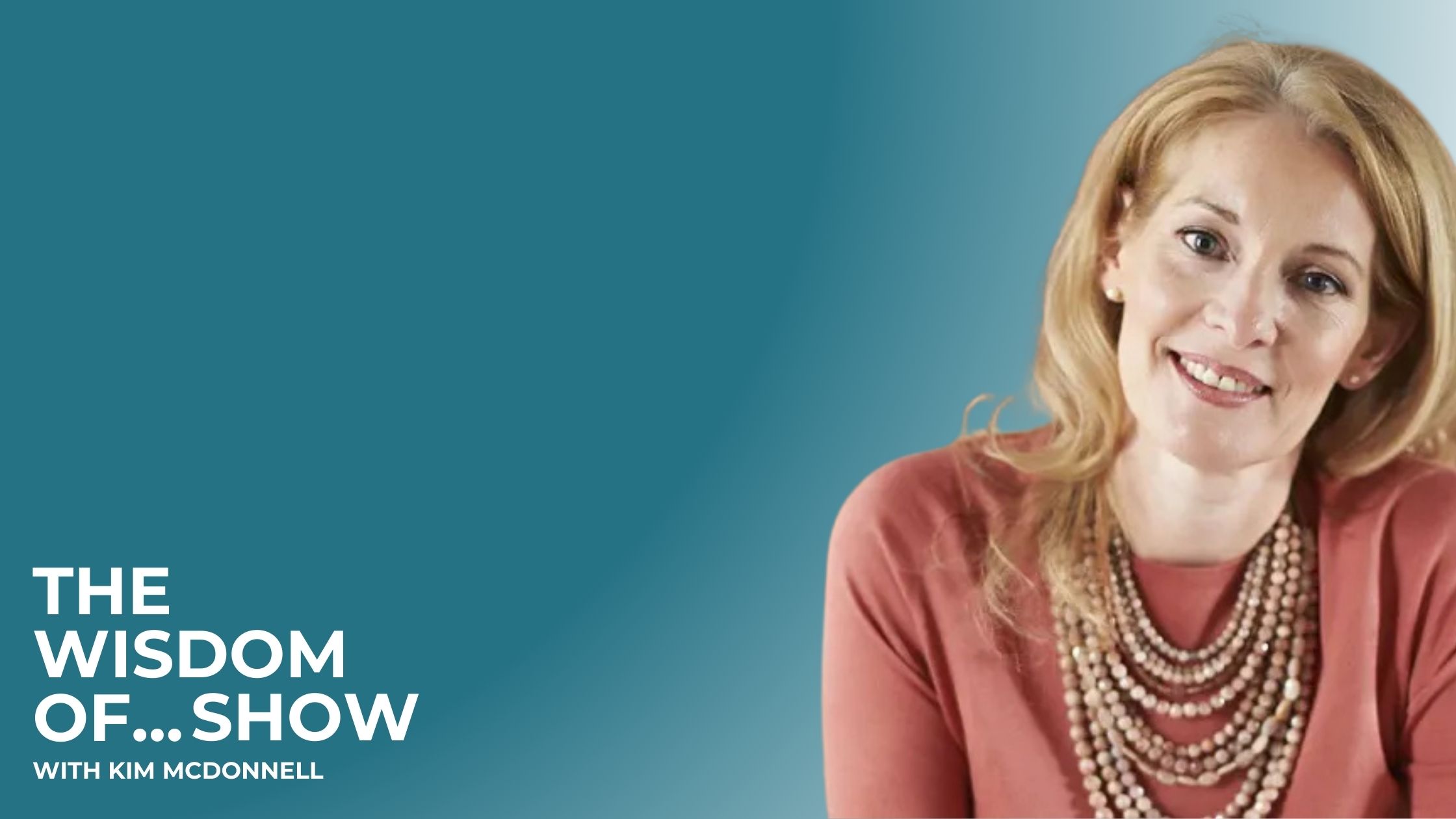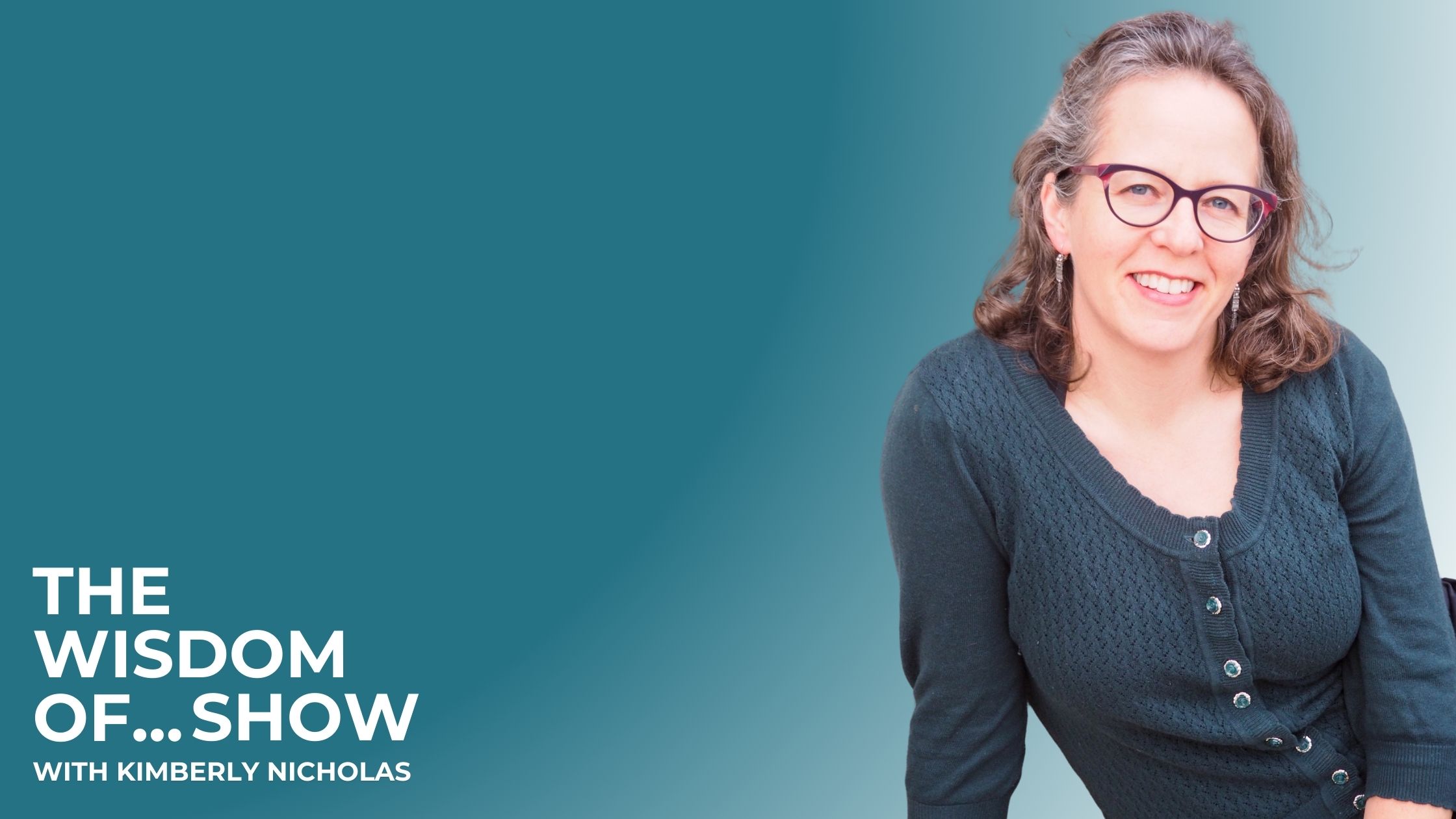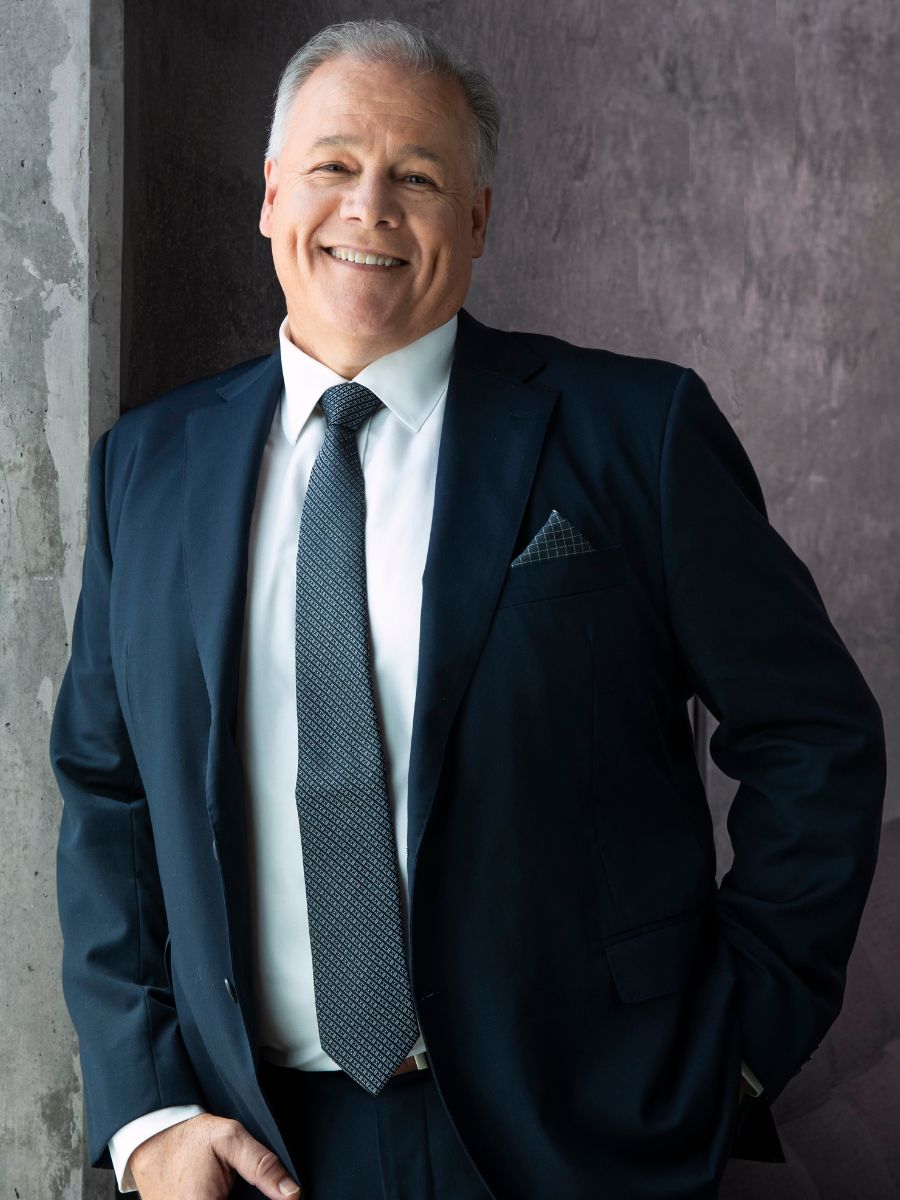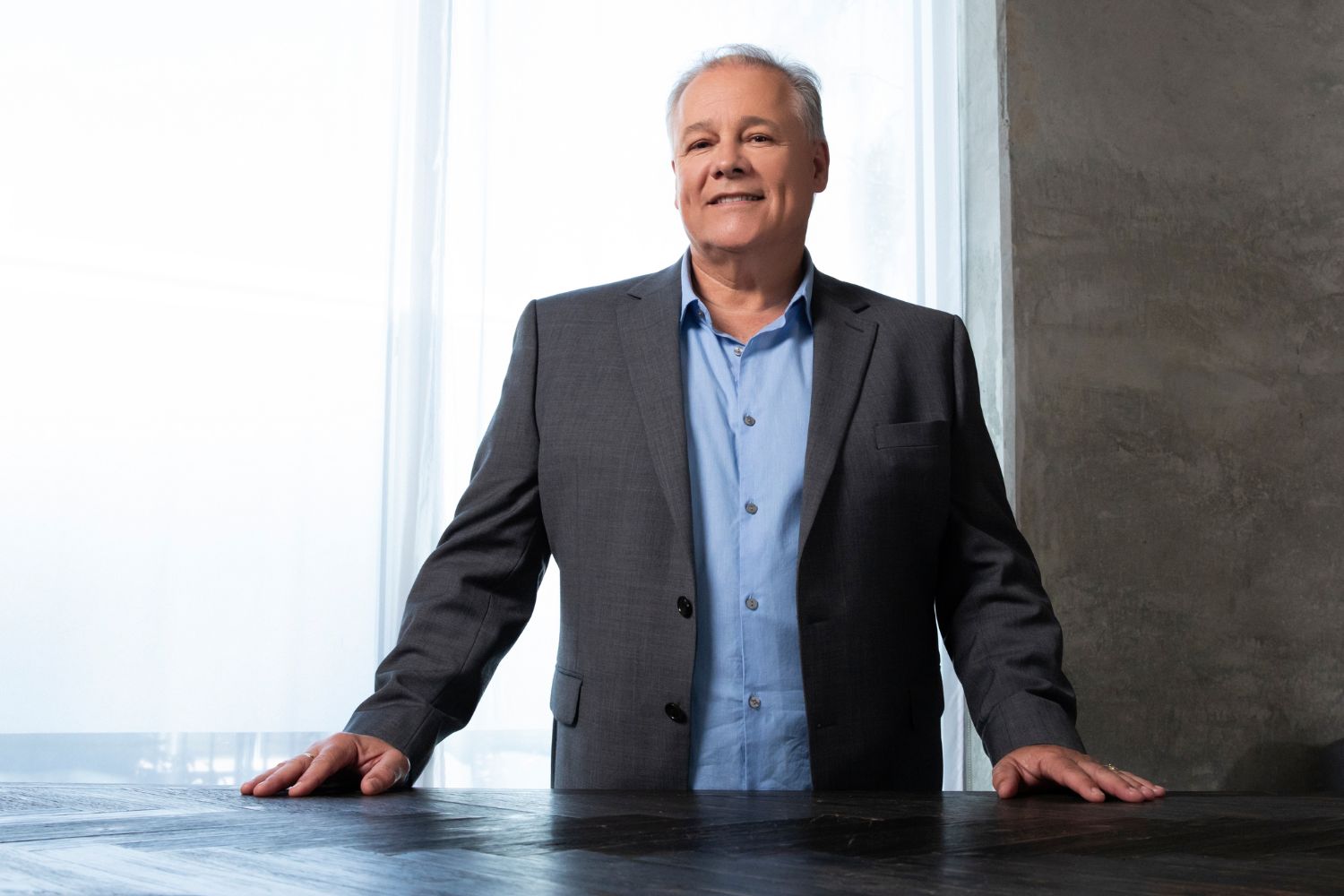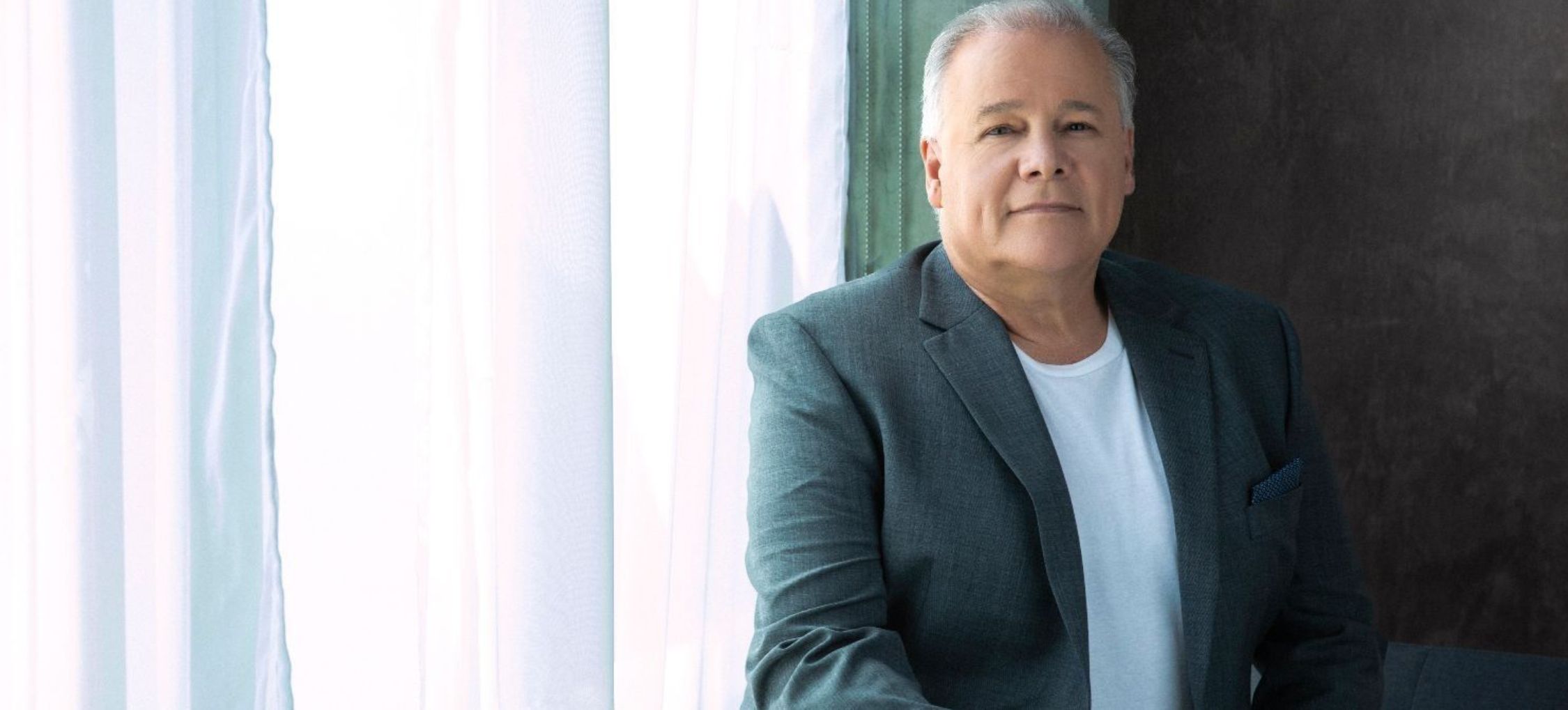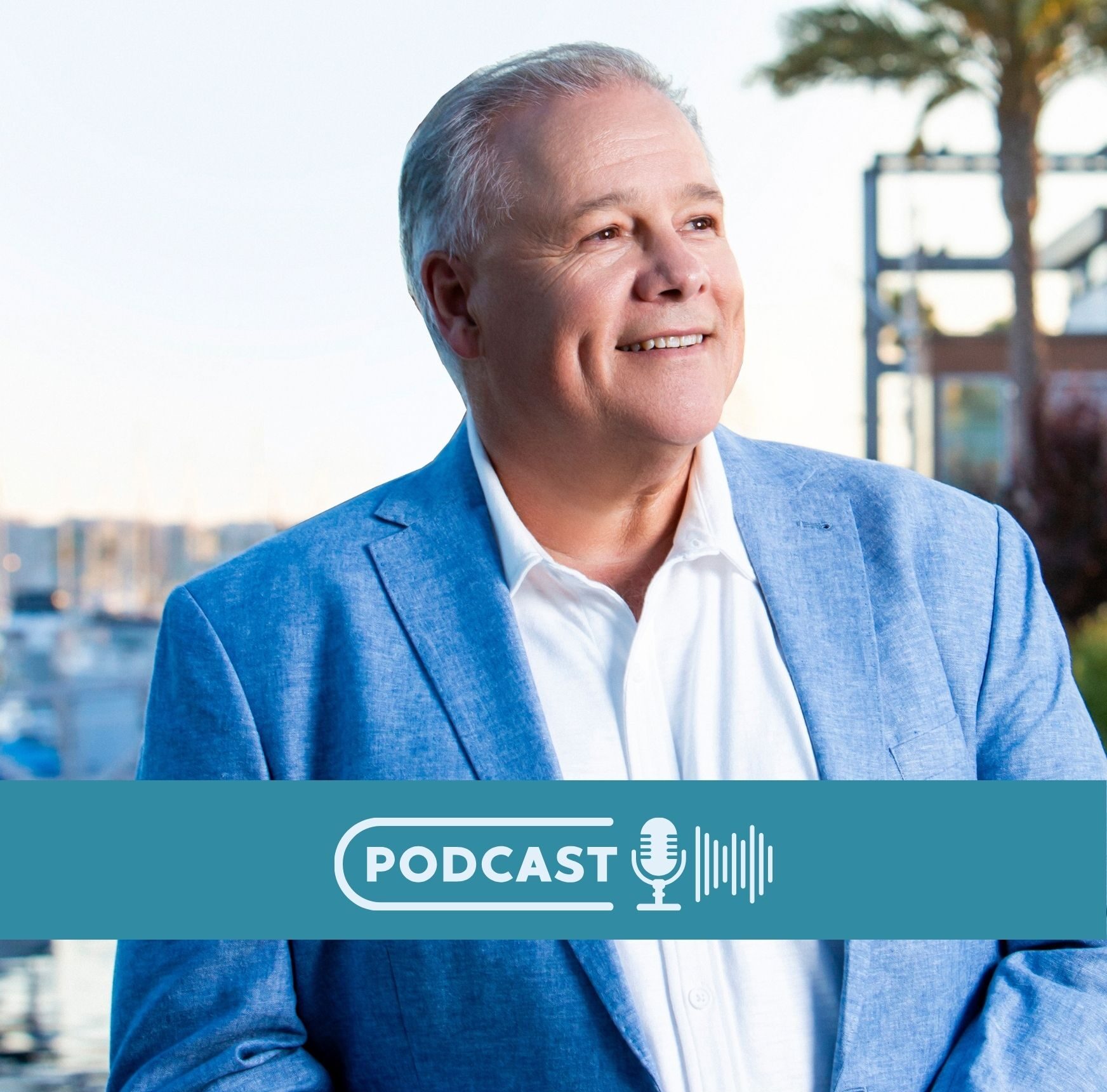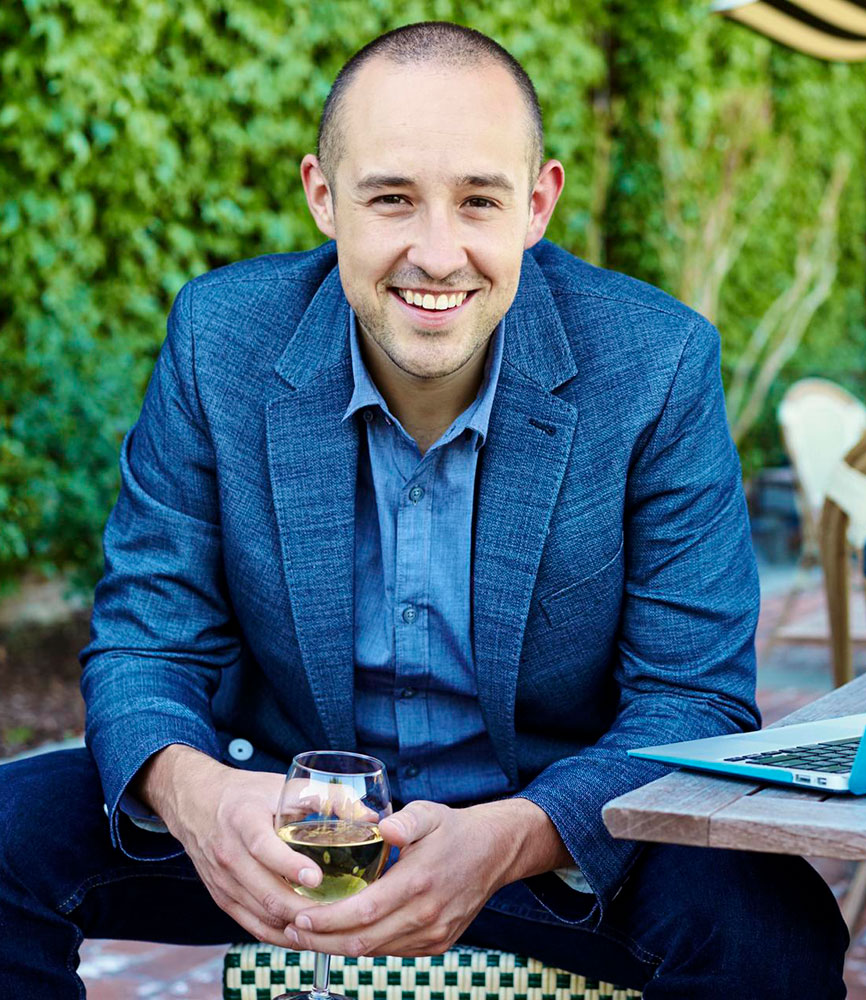In a world obsessed with AI, automation, and productivity hacks, Dominic Price, Atlassian’s Work Futurist, is championing a refreshingly human-centric vision of the future.
I recently had the pleasure of sitting down with Dom for an episode of The Wisdom Of… Show, and let me tell you, it was like getting a glimpse into a crystal ball – if that crystal ball had a cheeky Mancunian accent and a penchant for challenging every assumption about work we hold dear.
Who is Dom Price, and why should you care? Imagine a corporate ‘Doctor Who’, traveling through time and space (well, at least through 50+ countries) to diagnose what ails our workplaces and prescribe remedies that are equal parts innovative and deeply human.
As Atlassian’s resident ‘Team Doctor’, Dom has had a front-row seat to the evolution of one of the world’s most successful tech companies.
But don’t let the tech background fool you – Dom’s insights are applicable to any industry grappling with the seismic shifts in how we work.
Ready to revolutionize your approach to work? Watch the full interview with Dominic Price now and unlock the secrets of future-proofing your organization.
Embracing Uncertainty: The New Superpower of Leadership
One of the most striking moments in our conversation came when Dom boldly declared,
“We’re going to have to forget the word certainty. Delete it from your vocabulary. It doesn’t exist.”
In a world where leaders are expected to have all the answers, this might sound heretical. But Dom’s not advocating for chaos – he’s championing a new kind of confidence.
“Every week, how can we be more confident that we’re doing the right thing? Therefore, what do we need to learn to be more confident?” Dom explains.
This shift from seeking certainty to building confidence through learning is a game-changer for decision-making in our volatile world.
As someone who’s worked with countless organizations to uncover their hidden genius, I can’t stress enough how crucial this mindset shift is.
In my experience, the companies that thrive are not those with rigid five-year plans, but those that can adapt, learn, and pivot with agility.
The Personal Moral Inventory: A Compass for Ethical Leadership
In a world where corporate ethics often feel like an oxymoron, Dom introduced a tool that had me leaning forward in my seat: the Personal Moral Inventory.
“There’s four things we can judge ourselves on in life. Our productivity and profit being one, our impact on the planet, our impact on people, and our impact on purpose.”
The genius of this tool lies in its simplicity and its challenge. You can score yourself -1, 0, or +1 in each area.
As Dom puts it, “If you’re already a one on productivity and profit, like if you’re financially minted and therefore you think you live in your best life, but on people you’re a minus one, you haven’t got close friends, family… Are you happy?”
This isn’t just a personal tool – it’s a framework for ethical business decision-making that could revolutionize how we approach leadership.
Imagine if every CEO ran their decisions through this filter.
How might it change our approach to everything from product development to employee well-being?
The Power of Pause: Why Stillness is the Key to Progress
In our always-on, hyper-connected world, Dom made a case for something that might seem counterintuitive: strategic stillness. One of my favorite topics, and tools for cultivating true wisdom.
“We’ve had to systematize stillness to make it something that people can understand,” Dom explains, discussing how Atlassian builds ‘pause rituals’ into their processes.
From team retrospectives to health monitors, these structured pauses force teams to step back, reflect, and course-correct. As Dom puts it, “Every time we do that, you do get a slightly fresh perspective.”
This resonates deeply with my own work on organizational genius. Often, the breakthrough moments don’t come from pushing harder, but from creating space for reflection and connection.
It’s in these pauses that we can see the patterns, make the connections, and unlock the true potential of our teams.
Redefining Productivity for the AI Age
As AI continues to dominate headlines, Dom offers a refreshing perspective on human productivity.
“One of my hopes for the future of work is we get to go back to being human,” he says.
Instead of trying to compete with machines on speed or volume, Dom advocates for leaning into our uniquely human capabilities – curiosity, empathy, and creative problem-solving.
This shift requires us to rethink how we measure success and value in the workplace. As Dom points out, “What does it mean to be a curious human, to have empathy, to think about impact, right? Society, the environment, the whole of the stuff that I think is uniquely human, where we can do way more and add more value.”
This perspective aligns perfectly with my belief that the future belongs to organizations that can unlock their collective genius – not by trying to turn humans into machines, but by creating environments where human creativity and innovation can flourish.
The Future of Work Isn't About Location - It's About Connection
One of the most heated debates in the business world right now is about where work should happen.
Dom cuts through the noise with a simple truth:
“I don’t care. Atlassian is a distributed company. We have people all over the world, whether they’re in an office or a home or a third space, we’re distributed. So the energy should be on how we work, right? Not where we work.”
This shift in focus from location to connection is crucial for any leader navigating the post-pandemic landscape. It’s not about forcing everyone back to the office or embracing a fully remote model – it’s about creating systems and cultures that foster collaboration, innovation, and human connection, regardless of physical location.
The Long Game: Leadership as Stewardship
Perhaps the most profound insight from our conversation was Dom’s perspective on leadership as stewardship.
He is not at all just about hitting this quarter’s numbers or launching the next product – he considers the long-term impact of our decisions on our teams, our communities, and future generations.
“We want to do the right thing by the majority of our customers in the medium to long term.”
This approach requires a different kind of thinking, a willingness to make tough choices, and the courage to prioritize long-term value over short-term gains.
This resonates deeply with my own philosophy of leadership. True organizational genius isn’t just about being clever or innovative – it’s about using that cleverness and innovation in service of something greater than ourselves. For much longer into the future than just this moment in time.
A Call to Human-Centered Innovation
As we wrapped up our conversation, I was struck by the balance Dom has achieved – a clear-eyed view of the challenges facing modern organizations, tempered with an unshakeable optimism about human potential. His approach to the future of work is focused on creating environments where people can do their best work, connect meaningfully with others, and contribute to something larger than themselves.
For any leader grappling with the complexities of modern work – from AI integration to distributed teams to ethical decision-making – this conversation is a must-watch. Dom offers not just insights, but practical tools and frameworks that can help you navigate these challenges with confidence and humanity.
So here’s my challenge to you: Watch this episode.
Then, take a page from Dom’s book and schedule some strategic ‘pause time’.
Reflect on your own moral inventory.
Ask yourself: Are you leading for the next quarter, or the next generation?
The future of work is being shaped right now, by leaders like Dom and companies like Atlassian. Don’t just watch it happen – be part of the conversation. Let’s start a revolution of ethical, human-centered innovation. The future of work – and the future of our world – depends on it.

